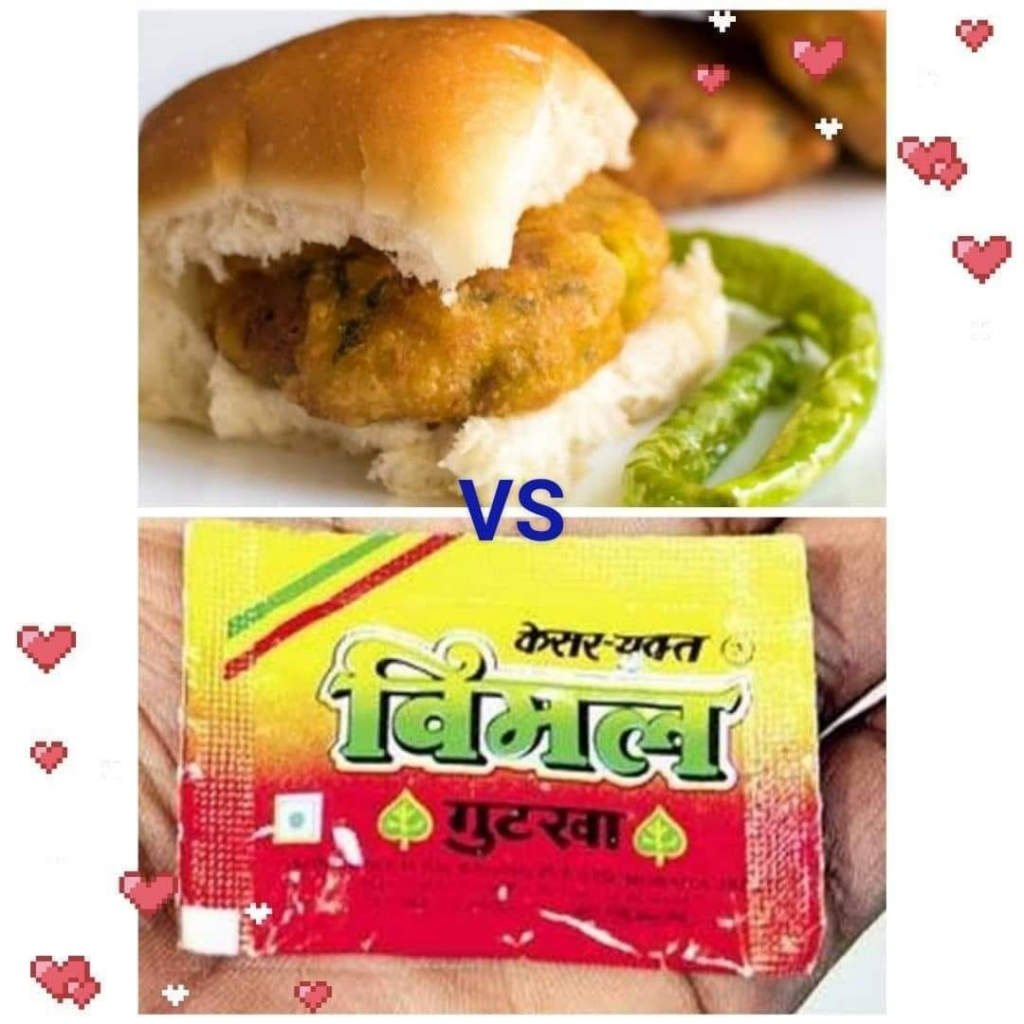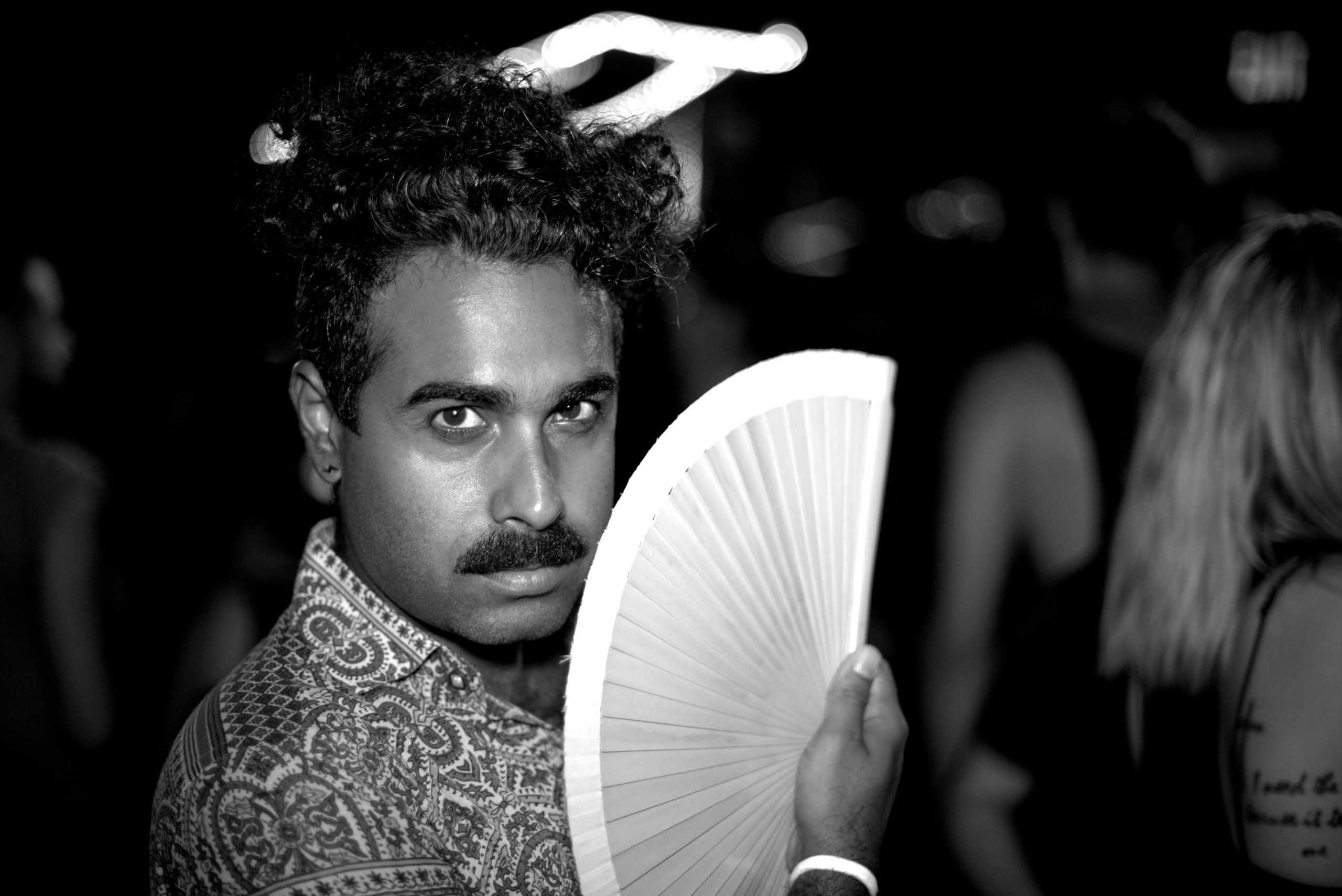by Prateek Gupta

“I seem to have run in a great circle, and met myself again on the starting line.”
― Jeanette Winterson
In contrast to the popular use, the term meme was first used by biologist Richard Dawkins to refer to ideas, practices and beliefs which spread from person to person through imitation or copying. Here, it could refer to fashion styles, catch phrases and even concepts like God. Dawkins also noted that memes which help each other replicate bundle together to form a memeplex, for example, regional identity which is constituted by multiple practices and beliefs which are shared amidst the group members. Since the regional identity of a group is also based on difference from other groups, gatekeeping, i.e, the activity of controlling and usually limiting entry, also becomes an essential part of it. This can lead to staunch ideas about who does or does not deserve to be part of the group and resources shared by it. Something which remains an inflaming subject even today.
The rise of the internet brought with itself the promise of a make-believe world and the global phenomenon of digital memes. As customizable and reproducible artifacts, digital memes are a form of participatory culture i.e, culture produced through participation by you. Even though seemingly commonplace, memes can provide us insight into how ‘everyday’ media texts relate to wider social realities. Memes can be used to understand online identities and communities as they act not just as a communication currency but also artifacts which bring together individuals with similar interests.
The term local or regional memes, as the name suggests, can be used to refer to the rich reservoir of memes which are specific/limited to a particular region. The term region is quite vague and can be used to denote something as small as a town to something as wide as a country. The limit of circulation of regional memes is not due to poor content or form of meme but rather due to limitation of the cultural knowledge needed to understand it. Even though one might understand the technical skills and aesthetics of meme creation something more is needed. This is called subcultural literacy, which refers not only to the technical literacy needed to make and understand the meme form, but also the ability to ‘read and write’ in the social language accepted by subcultural insiders. This subcultural identity is based on shared ideas and taste. For example, to understand this meme, one doesn’t only need to know how to read bangla but also the subcultural relation and history between Marlboro cigarettes and the community.

Translation: The caption of the ghost reads: This is the opportunity, I have got a funny idea/ a great time to trick people
Similarly, one needs to understand the specific stereotypes prevalent in Mumbai subculture, along with the lingo and cityspace to understand the second meme, even if one understands English as a medium along with the spongebob reference, to understand the meme.
Memes also act as a tool for self representation and identity formation on online platforms. But this representation is factored by cultural capital. French sociologist Pierre Bourdieau gave the concept of cultural capital which encompasses the advantages of a knowledge of culture and the social implications of cultural taste. “Recognizing and understanding cultural items, references, and codes, along with the ability to implement them independently, generate respect and status from those in one’s social surroundings. Knowing culture in this sense is a form of distinction, in both meanings of the word: setting oneself apart and serving as a mark of honor.” So even though memes, through their relative simplicity, democratize online self-expression, the process in reality is biased towards the privileged who can amass cultural capital and create content relatable towards privileged circles. So, we see the coalescing and splitting of internet communities around shared interests and understanding. Thus, one probably is not as free on the internet as one would like to believe.
Also, memes borrow inspiration from established cultural codes and contexts. And with the intention of imbibing most relatable values, memes can recreate the prejudices and marginalizations of the ‘real’ world.


These memes communicate the message not just to ‘in-the-know’ groups, but also to people they alienate, thus signalling towards a shared subcultural knowledge between these two groups as well. For most working middle-class Indians the effort to sustain an idea of normalcy in recent times is somewhat a similar pursuit, trying to sustain faith in systems that discriminates against certain populations. The thought of recent happenings marked by loss of life and liberty being framed as “the normal” by the privileged apolitical seems absurd at best. Similar codes are shared between the immigrants as they confront the history and reality of hostility they face, articulated in the form of stereotyping and dehumanization. All of these huge discourses of identity are created, shared and lived in a single meme. Thus, regional memes can sometimes in excessively overt and sometimes covert ways reassert who is the undeserving. These memes are mere reiterations of already set social dynamics, but with the possibility of a little mutation with each repetition.
Glum as it might seem, but the same meme can also through slightest variation open a world of new readings and discourses. Memes can steer people towards ideologies and communities whose values they don’t share initially. Intentionality or will can prove to help people navigate unknown ideological spaces outside the limits of their identities. Memes do maintain boundaries but can also transcend them in other ways, just like the people who share them, and therein lies their potential.
REFERENCES
Anastasia Denisova. Internet Memes and Society: Social, Cultural, and Political Contexts.
Asaf Nissenbaum and Limor Shifman. “Internet memes as contested cultural capital: The case of 4chan’s/b/board.” New Media & Society
Bihari memes for Maharashtrian Teens https://www.facebook.com/Bihari-memes-for-Maharashtrian-teens-305104860126578/
Limor Shifman. Memes in Digital Culture.
Ryan M. Milner. The world made meme: Discourse and identity in participatory media.
Thakurmar Jhuli Memes https://www.facebook.com/pg/TMJMemes/posts/?ref=page_internal
Townie Trash @southbombaymemes https://instagram.com/southbombaymemes?igshid=3fmqtlv9675h
Disclaimer: The memes linked, embedded or mentioned in this blog do not belong to The Meme Project and are not the views of the Meme Project Team. They have been used here to refer to their content or make a statement about their use.



